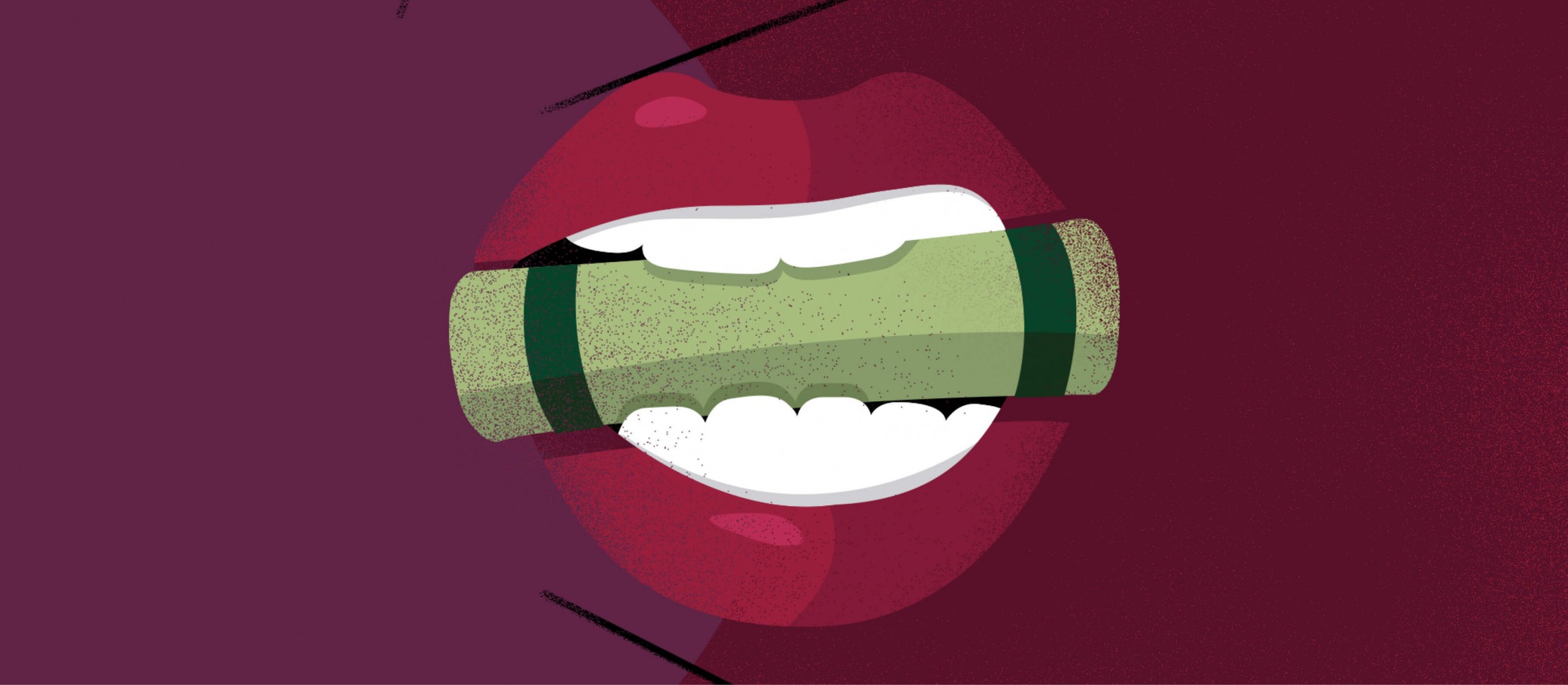
3 ways the luxury watch industry is operating more sustainably
Today, sustainability and ethical sourcing are topics on the tip of the luxury watch industry’s iceberg, with anchors such as Chopard’s longstanding commitment to the RJC (Responsible Jewellery Council). Lots of industry players are following suit, even the smaller independent marques are reforming and adopting altruistic marketing communications.
“Consumers are demanding that we do more so brands are forced to think a little differently – Edouard Meylan, CEO of H. Moser and Cie.”
A frontrunner in the current race for sustainable operations, H.Moser et Cie famously introduced the prototype ‘Nature Watch’ in SIHH 2019 as a commitment to operating more ecologically. The maison has remained steadfast and collaborates closely with ‘Room to Read’ by swapping out event gifts for book donations for underprivileged children.
As time goes on, the verbiage ‘sustainability’ has evolved to encompass a holistic understanding: from animal welfare and environmental conservation to overall purpose and responsibility. Research indicates that consumers look favourably at luxury brands that adopt sustainability as a core virtue in their business. But is the ‘favourable perception’ strong enough to alter purchasing behavior? Do luxury brands need to embrace the ‘sustainability’ narrative in order to be successful and remain relevant?
A sample size of 77, a short survey illustrates that 53.95% of consumers do in fact think about sustainability upon purchasing a luxury watch and 65.33% are more inclined to seek out sustainable luxury brands. Responses presented in graphs below:

Graph - opinions on sustainability and purchasing decisions

Graph - opinions of sustainable packaging and luxury watches

Graph - opinions on buying luxury watches from sustainable brands

Graph - decision making factors when buying a luxury watch
While the luxury industry still has a long way to go from being a circular economy, watch industry players are beginning to function sustainably in three main ways.
1.Limited edition watches for a cause: numerous brands have partnered with charities or crisis relief organizations to create limited edition watches. The proceeds are then donated to aid critical initiatives such as Oris’ Hangang, dedicated to the plight of the South Korean river or Only Watch, a charity that supports Duchenne Muscular Dystrophy research.
2.Watch materials & packaging: common methods include straps made from recycled waste, biodegradable packaging, smaller watch boxes and recycled gold and trace materials. In turn, less fossil fuel is consumed during transportation and shipping of smaller boxes as more quantities can be packed. Additionally, some brands have tackled old and discontinued inventory by recycling watch parts and creating new ‘franken-watches’ such as Vortic Watches or Semper & Adhuc.
3.Second-hand market: a by-product of the inherent nature of luxury, energy and resources consumed for a single luxury product is balanced out in the product’s lifecycle. As Aline Sylla-Walbaum eloquently puts it in Horology Forum’s Means to the End of the World panel “you do not own a high-end watch, you pass it on to the next generation”. The antithesis to planned obsolescence, luxury watches often enjoy multiple lifetimes through pre-owned markets and vintage boutiques, with the market currently valued at a whopping 15.75 Billion Euros
How far in advance do you usually book tickets?
- Within 24h Before
- 1-3 Days Before
- 1-3 Weeks Before
- Over a Month Before















